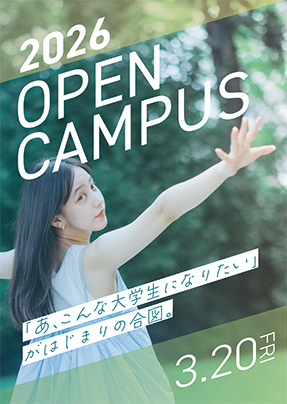Two faculty members from Soka University participated in the annual conference of the European Educational Research Association (EERA)

The annual conference of the European Educational Research Association (EERA) was held from Monday, August 26 to Friday, August 30, 2024.
The conference was held at the University of Cyprus in Nicosia, the capital of Cyprus, and brought together around 2,300 researchers, educators, specialists, and practitioners from 71 countries and regions.
The theme was “Education in an Age of Uncertainty: memory and hope for the future,” and the participants shared theories, policies, and practical examples on how education can contribute to solving the various challenges we face these days, as well as how to foster capable individuals.
On the fourth day of the conference, Professor Hiroko Tomioka and Professor Michiyo Kakegawa of the Faculty of Education and the Faculty of Economics of Soka University made a joint presentation titled “Active learning for global citizenship and sustainability: A Case of SOKA University, Japan” in a session held under the theme “Framing Sustainability and Global Citizenship in Higher Education: Value-Creating Perspectives and Pedagogical Implications.” Prof. Tomioka introduced the theory of value creation, which is the foundation of human education taught at Soka University, and the essential elements of global citizenship (wisdom, courage, and compassion) suggested by Soka University Founder, Daisaku Ikeda. Subsequently, Prof. Kakegawa presented a report based on the efforts and examples of learning in the seminar conducted within the Faculty of Economics. Specifically, the presentation focused on the research regarding the promotion of shared bicycle usage in Hachioji City and the report highlighted how students, while learning about the local situation, aimed to contribute to society, including climate change measures. The study, along with the students' proposals, ultimately led to the social implementation of shared bicycles at the university—this being the first time the university had introduced such a system.
Following this, Prof. Ana Belen Garcia Varela and Prof. Alejandro Iborra from the Department of Education Sciences at the University of Alcalá, Spain, presented a case study on Global Citizenship Education as an interdisciplinary program. They explained that they are developing a syllabus designed to strengthen skills such as collaboration, dialogue, and creativity.
Dr. Namrata Sharma from the State University of New York, USA opened the session with a fresh perspective on the concept of Value Creation in Global Citizenship Education, and the session ended with a review by Prof. Massimiliano Tarozzi from the Department of Philosophy at the University of Bologna. He spoke about why it was even more important now to not only gain knowledge about global citizenship and sustainability but to foster capable individuals who have practical knowledge. In this regard, the importance of actively researching and learning from cases outside of Europe was also emphasized.
After the presentations, there was a lively exchange of opinions, with the two case studies getting excellent reviews from the participants, that fostering students who can take action to realize a sustainable society is a very important concept, but it is also important not to impose one person's value on others, and an important role as an educational institution is to create an environment where everyone respects each other's values.








